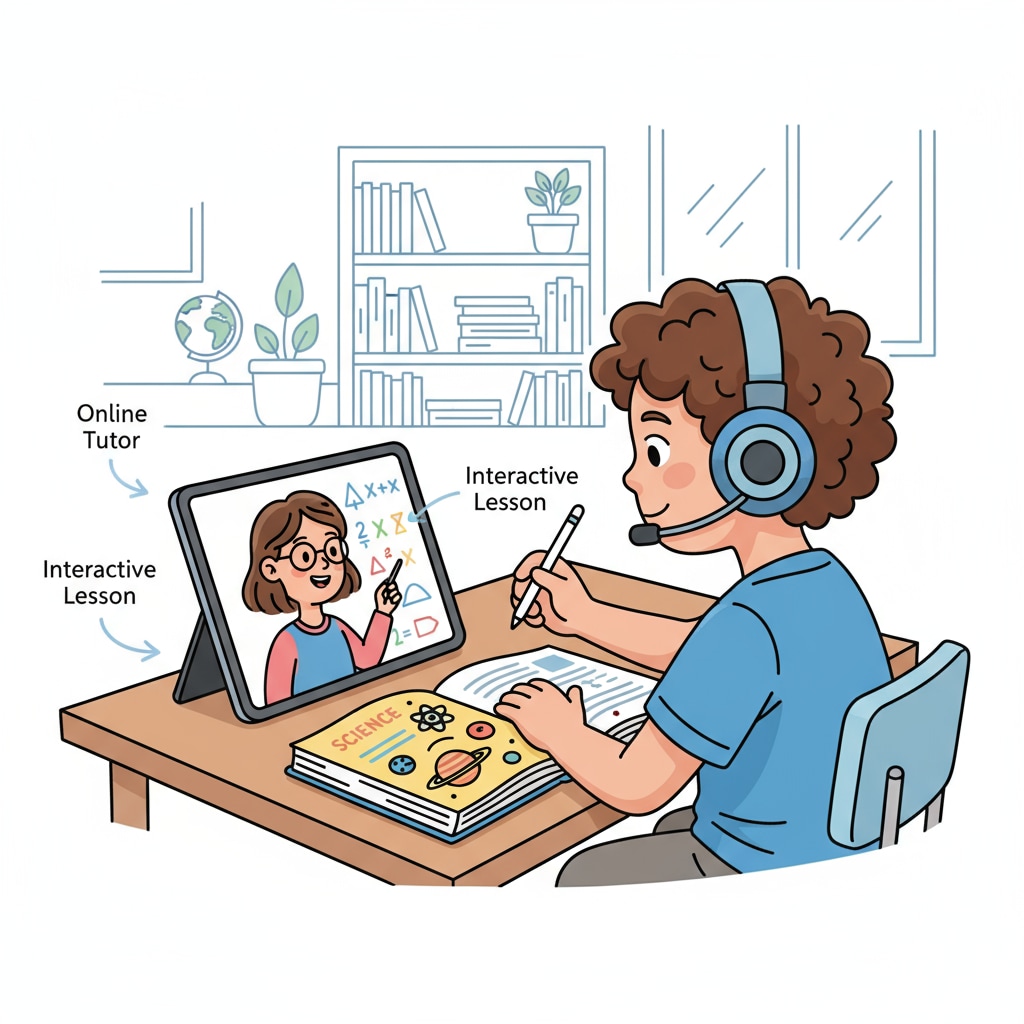In the realm of K-12 education, the choice between online and offline tutoring has become a significant concern for parents, as it involves the crucial aspect of trust. Parents are constantly weighing the pros and cons of these two options, trying to make the best decision for their children’s academic growth.

The Allure of Online Tutoring
Online tutoring offers numerous advantages that are hard to ignore. Firstly, it provides unparalleled convenience. Parents no longer have to worry about transportation, as their children can receive tutoring from the comfort of their own homes. For example, a busy parent can easily schedule an online tutoring session during their child’s free time, without having to drive them to a physical location. Secondly, online tutoring is often more cost-effective. There are many platforms that offer competitive pricing, making it accessible to a wider range of families. According to EducationData.org, the cost of online tutoring can be significantly lower than in-person tutoring in some cases.

The Persistence of Offline Tutoring Preference
Despite the benefits of online tutoring, a large number of parents still lean towards offline, face-to-face tutoring. One of the main reasons is the perceived greater personal connection. In an offline setting, tutors can better observe a child’s body language, facial expressions, and overall demeanor. This allows them to provide more personalized attention and immediate feedback. For instance, a tutor can notice if a student is confused or distracted during a lesson and address the issue right away. Another factor is the traditional belief in the effectiveness of in-person interaction. Many parents grew up with traditional classroom settings and find it difficult to fully trust the virtual environment. As stated in an article on the National Education Association website, some parents worry that online tutoring may lack the hands-on experience and direct supervision that offline tutoring provides.
The psychological and practical considerations of parents play a crucial role in their trust in online and offline tutoring. To increase parental trust in online tutoring, providers need to focus on enhancing the quality of interaction, improving technological support, and building a strong reputation. By addressing these aspects, online tutoring can become a more viable and trusted option for parents in the K-12 education landscape.
Readability guidance: Short paragraphs and lists are used to summarize key points. Each H2 section has a list where possible. The proportion of passive voice and long sentences is controlled. Transition words are scattered throughout the text.


